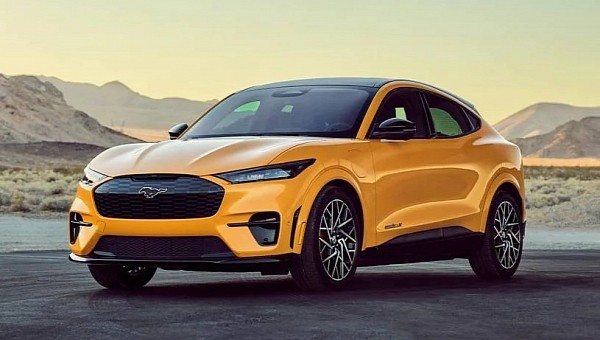Some things will always remain the same on that family winter holiday road trip to grandmother's house, snow-covered roads, kids asking, "Are we there yet?", and traffic delays, but for electric vehicle owners, there is now another concern. "How long will my battery last?"
It is a legitimate concern as all electric vehicles lose range in freezing conditions, and the degree of loss varies greatly by vehicle, with some dipping a whopping 30%.
There are a few reasons batteries experience performance loss in cold temperatures. Cold temperatures slow the reaction time of the chemicals within the battery, thus impacting the physical processes that, in turn, limit the EVs power.
And unlike internal combustion engine (ICE) vehicles, EV motors do not produce their own heat. Whatever heat they do generate is routed to warm the battery, but that amount is insufficient. Therefore EV cabin heat is relied upon to heat the battery which draws power from the battery itself, thus reducing the power needed for driving.
As we said, the degree of range loss in the winter depends on the vehicle. Recurrent collected real-world data on battery range loss from 7,000 vehicles that includes variables such as uneven, driving speeds and usage, and the calendar aging of vehicle batteries and compared 14 popular EV models.
Verified winter range data reveals that the four Tesla models on the roads today lose an average of 16.5%, with the Model S losing 19% of its range.
The Chevrolet Bolt and Volt EVs also suffer significant loss in estimated winter range in temps between 20-30F (-6.7 to -1.1 C) weather, with a 34% and 31% percent loss, respectively.
Ford's Mustang Mach-E with the Premium AWD 99 kWh and the VW ID.4 experienced a verified winter range loss of 30%.
Some of the better performers in estimated winter range loss were the Premium Plus Audi e-tron, Hyundai Kona, and Jaguar I-Pace, all with less than a 10% loss.
The good news is that cold weather does not impact the life of the battery or prohibit the battery from returning to its normal level of performance once warmer temperatures return.
There are a few reasons batteries experience performance loss in cold temperatures. Cold temperatures slow the reaction time of the chemicals within the battery, thus impacting the physical processes that, in turn, limit the EVs power.
And unlike internal combustion engine (ICE) vehicles, EV motors do not produce their own heat. Whatever heat they do generate is routed to warm the battery, but that amount is insufficient. Therefore EV cabin heat is relied upon to heat the battery which draws power from the battery itself, thus reducing the power needed for driving.
As we said, the degree of range loss in the winter depends on the vehicle. Recurrent collected real-world data on battery range loss from 7,000 vehicles that includes variables such as uneven, driving speeds and usage, and the calendar aging of vehicle batteries and compared 14 popular EV models.
Verified winter range data reveals that the four Tesla models on the roads today lose an average of 16.5%, with the Model S losing 19% of its range.
The Chevrolet Bolt and Volt EVs also suffer significant loss in estimated winter range in temps between 20-30F (-6.7 to -1.1 C) weather, with a 34% and 31% percent loss, respectively.
Ford's Mustang Mach-E with the Premium AWD 99 kWh and the VW ID.4 experienced a verified winter range loss of 30%.
Some of the better performers in estimated winter range loss were the Premium Plus Audi e-tron, Hyundai Kona, and Jaguar I-Pace, all with less than a 10% loss.
The good news is that cold weather does not impact the life of the battery or prohibit the battery from returning to its normal level of performance once warmer temperatures return.





